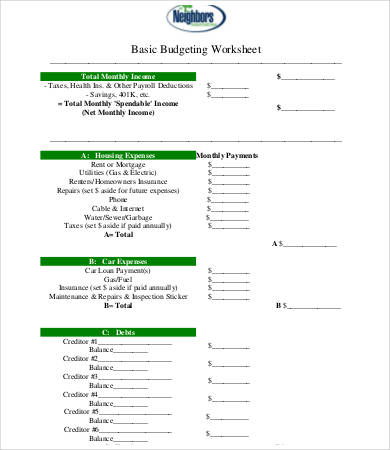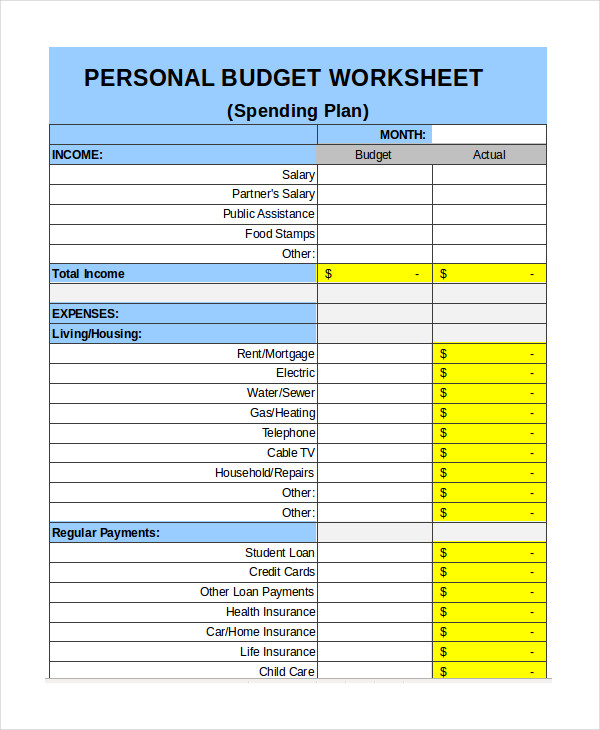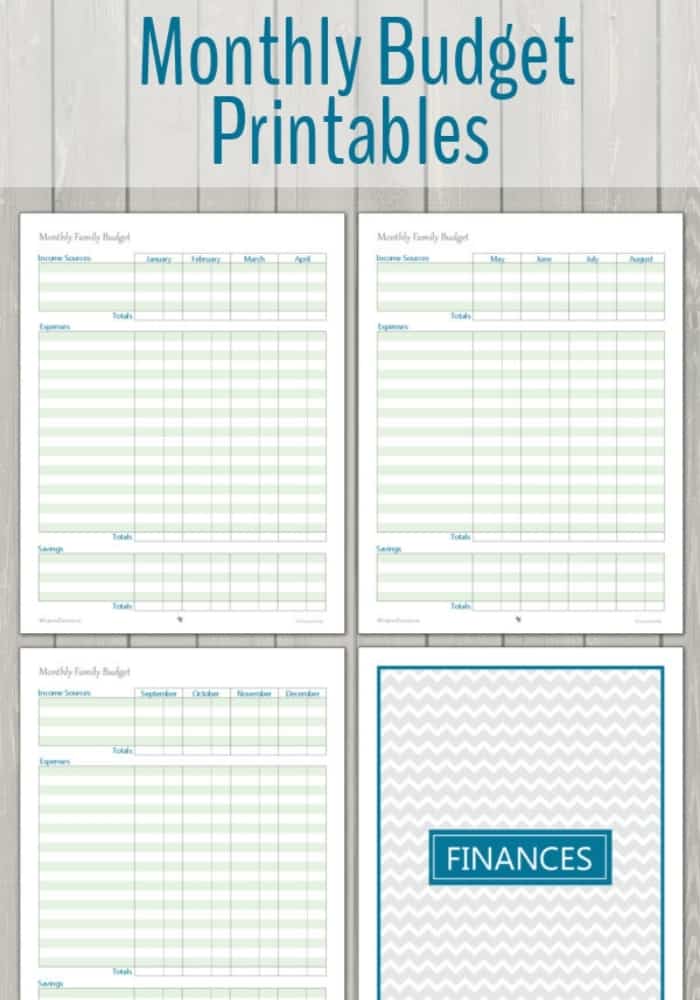

This article has been viewed 342,918 times.
#Personal budget outlines series
Ara has a BS in Accounting and Finance from San Francisco State University, is a Commissioned Bank Examiner through the Federal Reserve Board of Governors, holds the Chartered Financial Analyst designation, is a Certified Financial Planner™ practitioner, has a Certified Public Accountant license, is an Enrolled Agent, and holds the Series 65 license. Department of the Treasury, and the Ministry of Finance and Economy in the Republic of Armenia. He has previously worked with the Federal Reserve Bank of San Francisco, the U.S.

With over 26 years of experience in the financial industry, Ara founded ACap Asset Management in 2009. Ara Oghoorian is a Certified Financial Accountant (CFA), Certified Financial Planner (CFP), a Certified Public Accountant (CPA), and the Founder of ACap Advisors & Accountants, a boutique wealth management and full-service accounting firm based in Los Angeles, California. This article was co-authored by Ara Oghoorian, CPA. Remember that plans are not set in stone and they can change as you have new information: if you fail at a certain milestone on the way to a goal, adjust that expectation and give it a new deadline.

Have a concise and precise goal that you can turn into a short statement. A vague goal like "be financially independent" makes it impossible to succeed or fail. Specific goals can be clearly articulated.Doing so will ensure your goals can move past the "dream" stage into actual implementation. Make sure your goals are Specific, Measurable, Attainable, Rewarding, and Time-based. This article received 12 testimonials and 100% of readers who voted found it helpful, earning it our reader-approved status. WikiHow marks an article as reader-approved once it receives enough positive feedback.



 0 kommentar(er)
0 kommentar(er)
